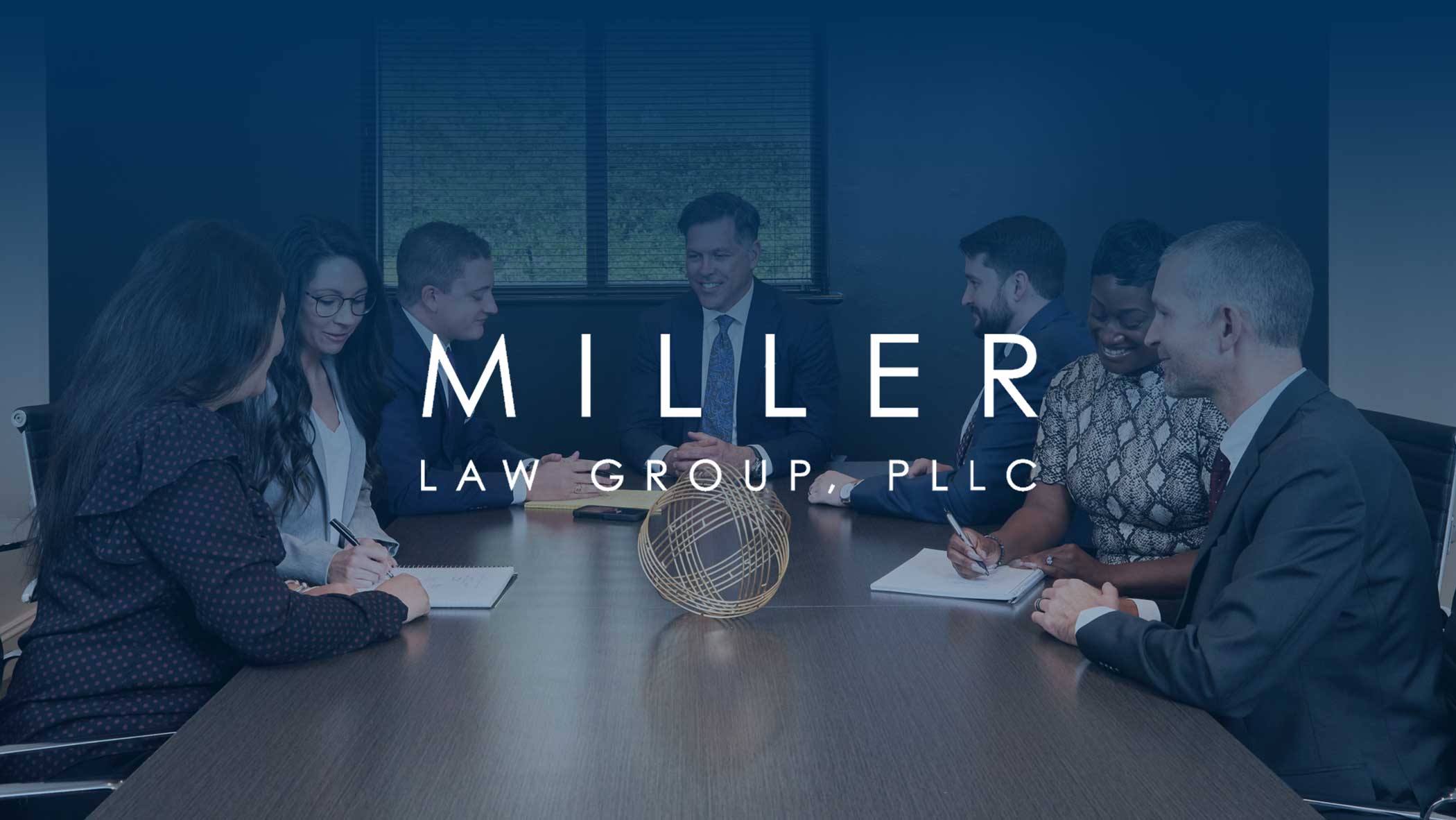Medicare and Medicaid Fraud: Charging Excessive Prices

It is a violation of the False Claims Act (FCA) to charge Medicare or Medicaid “substantially in excess” of what a non-Medicare payor is charged.
This does not mean that healthcare providers are required to give the government their best price on services. However, if there is a significant disparity between the price charged to government programs and the price charged to private payors, healthcare providers may be subject to civil liability. These cases typically turn on a statistical analysis of the price disparity. Also, it is the price charged that is operative, not the actual reimbursement rate.
Charging Medicare and Medicaid higher prices for services than other payors, is just one of many schemes used to defraud government funded healthcare programs. The FCA is a federal law that allows private whistleblowers to file a civil lawsuit when they uncover nearly any type fraud against the government. Fraud in the healthcare industry makes up well over 80% of cases under the FCA. Under this law, the whistleblower is also entitled to a share of any recovery and protected against retaliation. Similar state laws exist to defend state monies.
If you have uncovered fraud against the government, contact the whistleblower attorneys at Miller Law Group today for a free consultation.
Additional Resources:
Medicare and Medicaid Fraud: The Reverse False Claim and the 60-Day Rule
Some of Our Other Practice Areas

